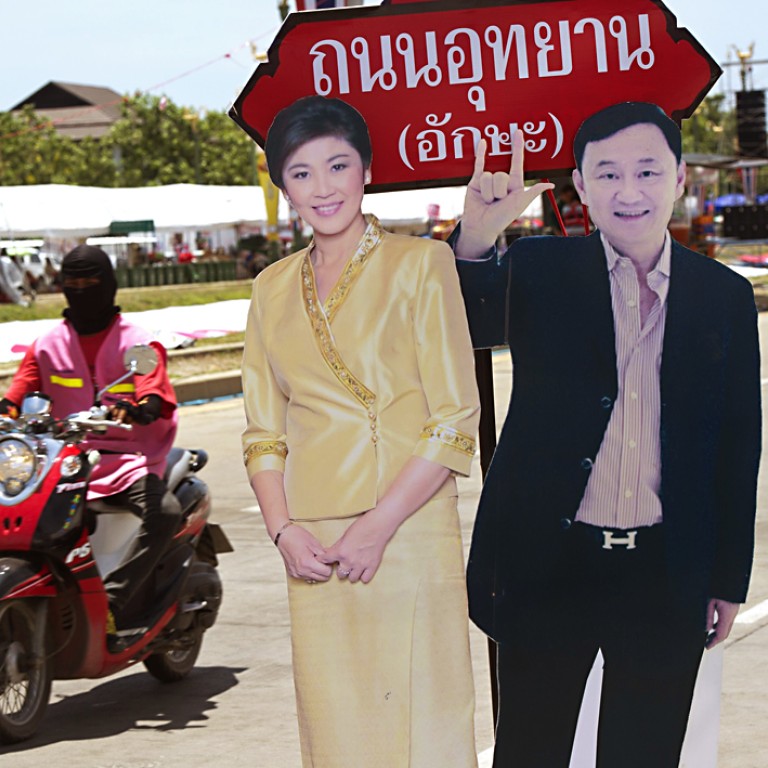
Thai junta chief Prayuth Chan-ocha rules out elections for at least a year
Military cracks down on protests and shows of loyalty to Shinawatras in northern Thailand
Thailand's junta leader said yesterday a process of reconciliation between political factions and reforms would take about one year and only after that would a general election be held.
Army chief General Prayuth Chan-ocha, who overthrew the government nine days ago, said all sides had to cooperate and stop protesting for his plan for the restoration of democracy to succeed.
"Thailand and the Thai people are facing many problems that require immediate attention and solutions," Prayuth said in a televised address. "Enough time has been wasted on conflict."
Southeast Asia's second-biggest economy has been battered by political turmoil since late last year, when protesters backed by the royalist establishment launched a bid to oust the populist government of prime minister Yingluck Shinawatra.
The government clung to power even after a court forced Yingluck out of office for abuse of power on May 7, but the military ousted it in a coup on May 22, saying a takeover was necessary to restore order and prevent further violence.
Prayuth justified his takeover and the tough measures he introduced afterwards, which have included the detention of about 250 people - though most have now been freed - censorship of the media and a ban on gatherings.
"We cannot keep fighting each other just because we think differently," he said. "Every side must find a way to cooperate."
Thailand has become polarised between supporters of Yingluck and her influential brother, deposed premier Thaksin Shinawatra, and the royalist establishment that sees Thaksin and his populist ways as a threat to the old order.
Prayuth outlined a three-phase process beginning with reconciliation which he said would take up to three months. A temporary constitution would be drawn up and an interim prime minister and cabinet chosen in a second phase, he said.
"This process will take approximately a year, depending on the situation," he said. "The third phase will be democratic elections."
"All that I have outlined will not succeed if all sides do not cease demonstrating politically."
A stumbling economy is the priority for the military and Prayuth promised that the 2015 budget would be in order and public spending would be transparent.
While the United States and other allies have urged a quick return to democracy, Prayuth appealed for patience.
"All we are asking for is to give us time to reform in order to mend our democratic system, to make it right, just and responsible," he said.
Despite martial law and the ban on gatherings, small peaceful protests against the coup have been held on an almost daily basis in Bangkok.
For a second day yesterday, soldiers mounted a big operation at the central Victory Monument, sealing it off and preventing anyone from gathering. Earlier this week rowdy crowds had faced off with soldiers and police.
Activists are planning a show of opposition at the weekend.

